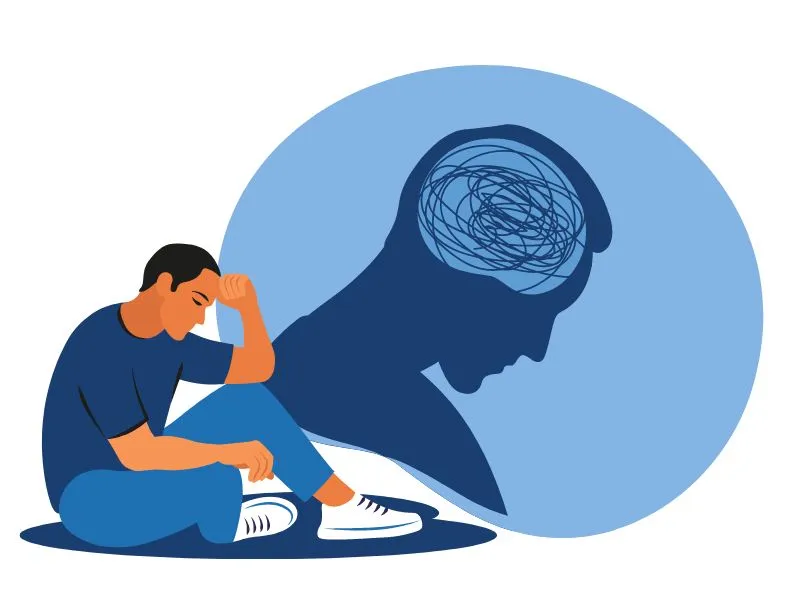The mental health challenges faced by teenage boys, notably concerning depression and anxiety, have often been overshadowed or misunderstood compared to the documented struggles of teenage girls. Recent studies and expert opinions, however, emphasize the critical importance of recognizing and addressing these issues in boys, who may exhibit distinct signs and symptoms of mental distress.
In contrast to girls, boys may not manifest depression through conventional signs of sadness or tearfulness. Rather, they might display irritability, frustration, or aggression, posing challenges for parents, caregivers, and healthcare providers in identifying their mental health needs. This difference in symptom presentation can result in the underdetection and undertreatment of depression in boys, affecting their overall well-being.
The Covid-19 pandemic has further compounded these challenges, as disruptions to daily life and social interactions have adversely impacted the mental health of teenage boys. School closures and activity cancellations have limited opportunities for boys to seek support, and caregivers and educators may struggle to notice behavioral changes indicative of mental distress.
Experts stress the importance of fostering an environment where teenage boys feel comfortable expressing their emotions, even if they diverge from conventional expectations of depression. Encouraging open communication and providing avenues for emotional expression, such as through online gaming or physical activities, can aid boys in coping with their feelings and developing resilience.
Caregivers, educators, and healthcare providers play a pivotal role in identifying and addressing mental health issues in teenage boys. By remaining vigilant for signs of distress, offering support and empathy, and facilitating access to mental health resources, they can assist boys in navigating these challenges and obtaining the care necessary for their well-being.






